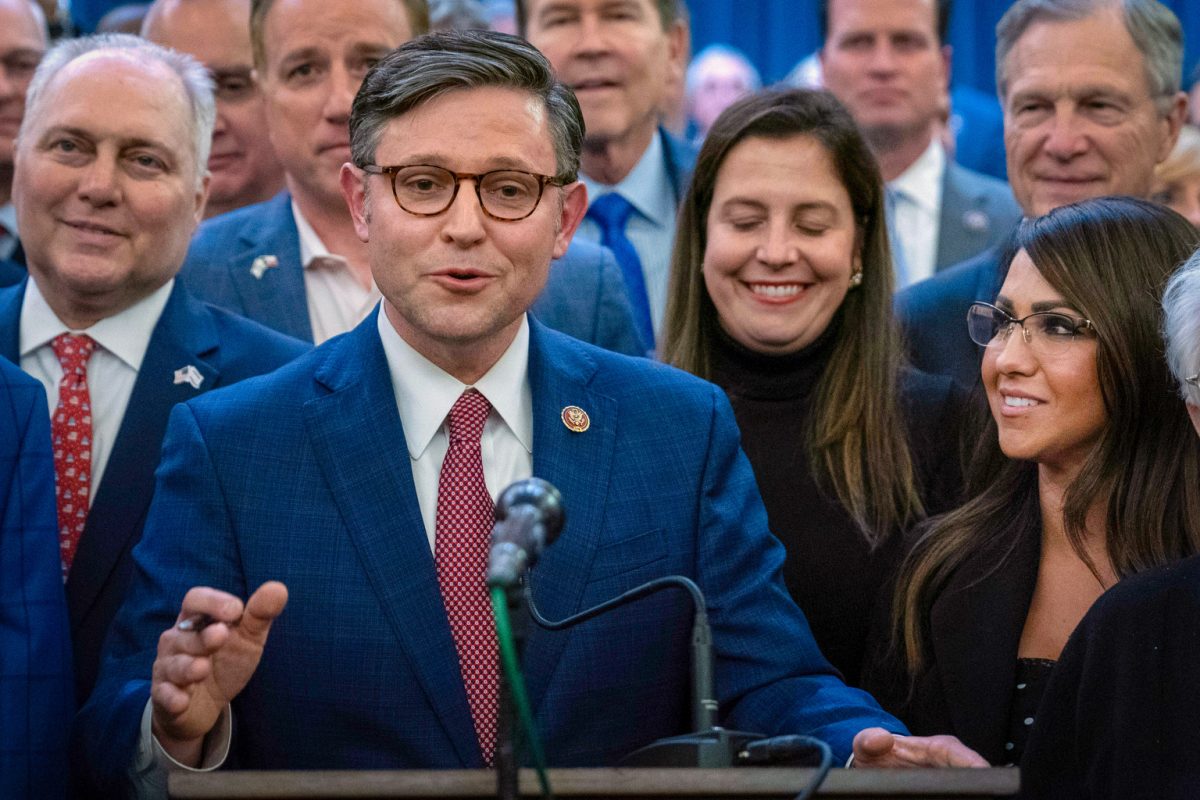In the halls of the United States Congress, a pattern defined by stopgap measures and a tenuous grasp on governance continues. This approach, prevalent among an extremist faction of the House Republicans reflects a deeper issue within American politics.
The white Christian nationalist and MAGA loyalist continue to push back against various funding proposals and budgetary allocations put forward by the Democratic Party or by bipartisan groups within Congress. Their readiness to sidestep established democratic norms and values is a significant aspect of their ideology. Many in this right-wing faction continue to minimize or openly endorse the insurrection of Jan. 6, which poses serious questions about their commitment to the principles of democracy and governance.
The concept of a stopgap measure, now a tool of political leverage, has evolved from its original purpose. Designed to prevent government shutdowns, these measures are routinely used to avoid establishing a stable long-term budget. This tactic reflects a shift in legislative strategy towards brinkmanship and uncertainty. It reveals a concerning trend among House Republicans where the pursuit of power and control overshadows effective and responsible governance.
The GOP frequently threatens government shutdowns over budget disagreements or opposition to raising the debt ceiling, essential for funding approved government operations. This faction is known for extreme religiosity and allegiance to a single individual rather than the party. It continues to use chaos and disruption as political strategies. Their approach to government funding, using the threat of a shutdown as a bargaining chip, shows little regard for the impact on the American government and its people.
When the government operates on the edge of a fiscal cliff, vital services and programs face uncertainty. This instability affects everything from national security to healthcare, education and environmental protection. It is a game of political chicken where the stakes are the well-being and security of the nation.
This approach to governance reveals a disconnect between the legislators and those they represent. While government employees and countless Americans brace for the impact of potential shutdowns, members of Congress, including those advocating for these stopgap measures, remain largely insulated from the consequences. Their salaries continue uninterrupted.
This scenario is not just a reflection of political maneuvering; it is a symptom of a deeper malaise in American politics. Since this extremism has taken root, the basic tenets of democracy – compromise, collaboration and a commitment to the common good – are continuing to erode. The relentless pursuit of power and control, often at the expense of effective governance, undermines the foundational principles upon which the country was built.
The American public deserves a government that prioritizes stability and the welfare of all its citizens over political brinksmanship. The path forward requires a collective effort to bring back stability, responsibility and a sense of shared destiny. It requires recognizing the dangers of extremist ideologies, regardless of political affiliation, and working towards a future where governance is driven by the principles of democracy rather than the whims of radical factions.























